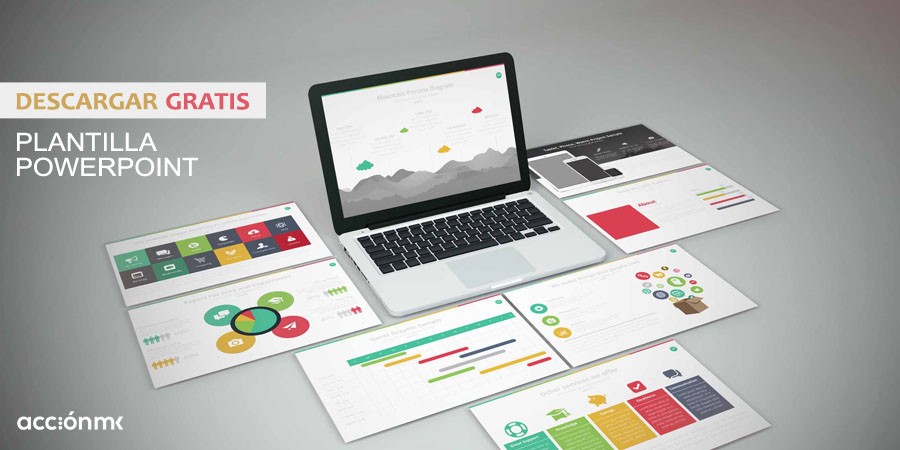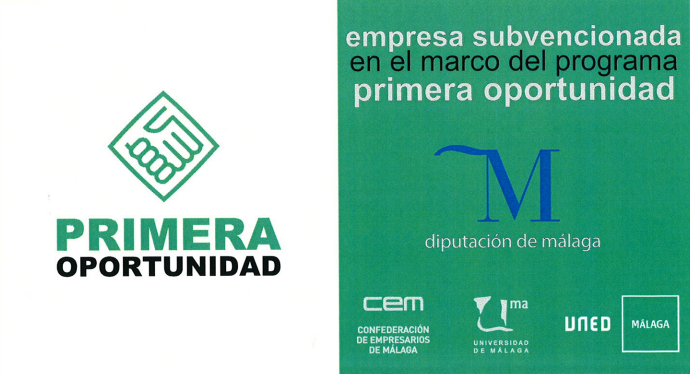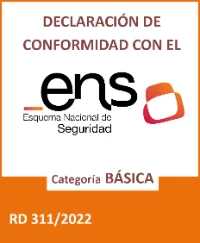"Marketplace is a place on the web where trade takes place between different companies" (John Sviokla).
In other words, it is like a shopping centre, but in an online version and all gathered on the same website. The clearest example of this is the American company Amazon, founded by John Brezos.
But what positive and negative aspects of shopping in a MarketplaceAnd sell?
The benefits from the consumer's point of view
- ComfortYou don't need to go to a physical shop, you can do the whole process from the same website, compare prices, products and buy them on the spot.
- Shipping timeIt is possible to receive the products within 24 hours, depending on the method you choose. Also, depending on the website or the volume of purchase, there may be no shipping cost.
- International shipmentsThe new "click and collect" service: products from almost anywhere in the world are available at the click of a button.
- PriceIn addition to being in most cases more profitable, there are sites that offer extra discounts if you buy products from their mobile application, as is the case of Aliexpress.
- Referencesproduct reviews are accessible to all users. Moreover, usually, after the purchase and reception of a product, the marketplace sends an email to evaluate the product, the shop and the purchase process.
- IncidentsIf you have any problems, there is a customer service department that you can contact via the website, by phone or e-mail.
Disadvantages from the consumer's point of view
- IntangibilityIt is not possible to physically see the product until it is received.
- Receipt of the productSome products may arrive damaged if the packaging or delivery service is inadequate.
Advantages from the vendor's point of view
- Wider disseminationWhether you are a small business, a wholesaler or a multinational, organically, you can reach a larger number of potential customers. Also, it is not necessary to have your own online sales website to be able to sell on a Marketplace.
- International customersInternational sales: depending on the website where you decide to sell your product, you will have access to international sales. On Amazon, for example, you need to specify the countries you want to sell to, the price you pay to offer a product varies depending on the country and number of countries you want to export to.
- Complementary salesThere are marketplaces that are dedicated to liquidate the products of ecommerces such as Privalia. Privalia is an online shop for "outlet" or end-of-stock products.
- Comments and ratingcan be beneficial, if the whole purchasing process has been optimal. Since, in most marketplaces, there is a "sort by rating" option. Also, this "advantage" is very important as 9 out of 10 online shoppers look for data and reviews on marketplaces.
- Cost reductionThe costs arising from the purchase of the products, such as bank charges or distribution costs. However, depending on the agreement made with the marketplace, they either get a percentage of the sales or charge a monthly or volume-based fee.
- ReliabilitySelling through a Marketplace brings security to consumers. Amazon also guarantees payment for the seller and assures the buyer of delivery. The platform has an "anti-fraud" system that helps to convey confidence to both parties.
Disadvantages from the vendor's point of view
- Competition between vendorsThere is a diversity of brands and shops with similar products. Therefore, the strategy to be implemented must be properly defined, whether it is a strategy of differentiation, cost leadership or focus.
- Constant updatingYou need to be aware of changes made by your competitors, whether in terms of offers, prices or improvements.
- TurnoverThe cost of sales may not be profitable if you have a large turnover or a well-known brand, as the marketplace would take a percentage of that transaction.
- OpinionsThe following can be very advantageous, but at the same time negative, as only a small percentage of satisfied customers will leave a positive review on the Internet. On the other hand, any dissatisfied or disgruntled customer, whether they are right or wrong, will post their opinion on the Internet.
Are Spaniards consumers in marketplaces?
According to the 2019 Annual Marketplaces Study created by the consultancy firm Tandem, a 61% of Spaniards aged 18 to 65 have shopped on marketplaces at some point..
The products most in demand by Spanish consumers are electronics, fashion and computer products.
Amazon is the marketplace most used by Spaniards. The 82% of Spanish online shoppers state that they have carried out a purchase on this website. In second position is Ebay with a 51% and in third position, the Chinese giant, Aliexpress.in which a 40% of Spanish online consumers say they have purchased. The Spanish company, El Corte Inglés, is in fourth position with 35% of respondents.
Despite these figures, Amazon and Aliexpress are the most frequent purchasers in Spain, the most popular ones in the world.onsumers shop on these sites an average of 12.3 times a year.. However, the Spanish websites PC Components and El Corte Inglés have the highest average purchase amount, with an average of average purchase expenditure of 86,40€ and 79,10€.respectively.
Facebook Marketplace
In 2017, Facebook launched its own Marketplace in 17 countries, including Spain. It is a free service for buying and selling products similar to Wallapop or Vibbo.
The idea proposed by Facebook and which was going to be different from the others is that it makes it possible to find products from users known to us. It is a fast, simple and close service, as you talk directly to the seller through Facebook Messenger. In these 2 years, this section of Facebook has evolved making it possible for entrepreneurs, small and medium-sized businesses to offer their own articles and promote themselves.
Offering a product through Facebook Marketplace is very simple, all you have to do is enter the Marketplace function and add a product with a description, at least one photograph and the price. And to buy it, click on contact the seller.
Main functions
- Sale: you can sell any type of product, vehicles or houses. In addition, rental properties and even jobs can be offered.
- Profile: from an account you can see your own items for sale, your purchases, conversations between consumers and traders, saved items, you can even follow profiles.
- Saved: products that interest you or that have caught your attention.
- Categories: sorted by type of products, e.g. clothing, technology or employment.
- Search: you can search from an article to a specific person or shop.
Illegal flea market?
Counterfeits are items that you can find on Facebook Marketplace. They justify themselves by stating that the items that are published go through a double control system, to eliminate advertisements such as fake or obscene products. First, they go through an automatic screening system; and second, they go through a team of people who are in charge of reviewing and locating these products and making sure that they are in accordance with the Marketplace's usage policies.










